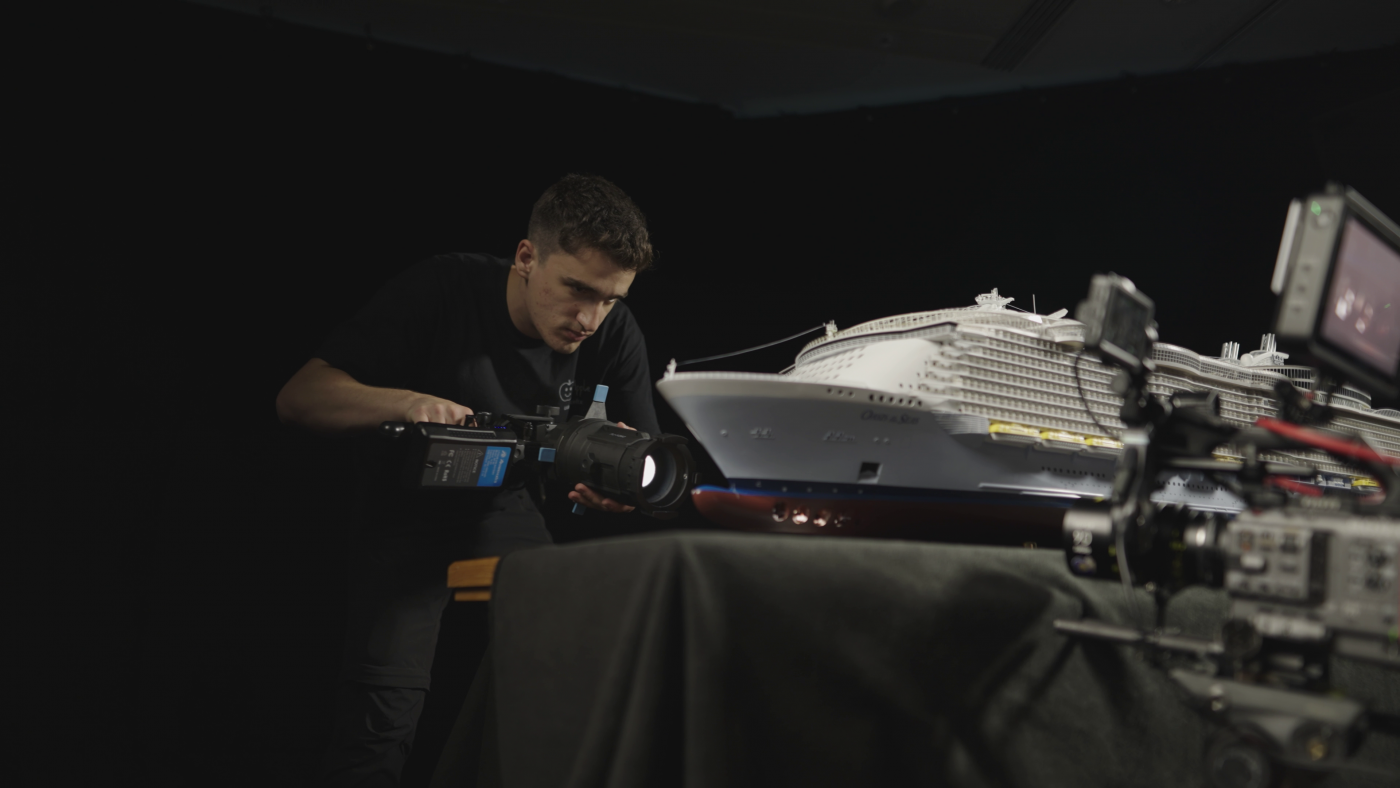Maritime Innovation in Miniature
Behind the Scenes at the International Maritime Organization (IMO), London Headquarters
The International Maritime Organization (IMO) is a specialized agency of the United Nations responsible for developing and adopting measures to improve the safety and security of international shipping and to prevent pollution from ships. It was established by a convention adopted under the United Nations on 6 March 1948 in Geneva, and it met for the first time in January 1959. However, its roots go back further still: it was in the aftermath of the Titanic tragedy of 1912 that the first international conference concerning maritime safety was held – called Safety of Life at Sea or SOLAS – and it was out of that conference that the spirit which burns so strongly in the IMO was born.
Since 1959 the IMO has ensured the safety of life at sea is protected for seafarers whose place of work is on board ship and also for passengers on ferries and cruise ships. The IMO’s remit also covers pollution prevention and protecting the oceans and planet from oil spills and harmful emissions from ships. Today the IMO is tackling the biggest challenges facing the planet: cutting emissions, protecting biodiversity and addressing marine plastic litter. It is also involved in legal issues, including liability and compensation issues, as well as new concerns that will affect our future, such as developing rules for autonomous ships. Such central control is crucial as ships operate worldwide and it is essential to ensure globally applied and universal measures, and to keep upgrading the baseline for standards across the globe.
We were enormously fortunate to be invited to the IMO’s headquarters in central London where they have a magnificent collection of ship models illustrating a huge variety of shipping and some of the most important technological developments in history. We selected four models to film: Eisenbahngüterfähre, a giant rail ferry from the Cold War; Oasis of the Seas, the most eco-friendly cruise ship ever built; Stena Drillmax, a drillship brimming with operational and design innovation; and Olympic Loyalty, an oil tanker from a period that changed oil tanker design forever in a bid to reduce the number and impact of oil spills. In our ‘Behind the Scenes’ film you will see all of the inner workings of the IMO including the Main Hall where crucial decisions are made concerning life and business at sea by the 175 member states, as well as numerous fascinating historical artefacts that have been collected since 1959.

Of particular note is an enormous wall-mounted world map gifted to the IMO by the USSR in 1983. Designed and based on the world as it was in 1982, this map which outlines IMO membership in the early 1980s, offers a fascinating glimpse into the way that the world has changed as numerous countries have now changed their names, flags, or simply do not exist anymore. Another historical gem is the figurehead of Potosi, gifted to the IMO from the government of the Federal Republic of Germany (West Germany) during the Cold War. Potosi was a five-masted bark, one of the legendary ‘Flying P-Liners’ operated by F. Laeisz of Hamburg for the South American nitrate trade and build for speed.
It was fascinating exploring the IMO’s many historical artefacts and particularly valuable being there at such a crucial time: Just the week before we filmed, in July 2023, IMO Member States adopted the 2023 IMO Strategy on Reduction of Greenhouse Gas Emissions from Ships, with enhanced targets to tackle harmful emissions. The resolution included an enhanced common ambition to reach net-zero GHG emissions from international shipping by or around 2050, a commitment to ensure an uptake of alternative zero and near-zero GHG fuels by 2030, as well as indicative checkpoints for international shipping to reach net-zero GHG emissions for 2030 (by at least 20%, striving for 30%) and 2040 (by at least 70%, striving for 80%). The resolution has been described as a gamechanger in the maritime industry’s commitment to tackle climate change.

